

| Programme (taught in English) | 4-year full-time degree programme in AI with information and computing technology, and interdisciplinary applications with Catholic values taught by caring staff with diverse expertise and passion |
| Career | AI graduates are highly in demand globally in many different professions. Employment and postgraduate study opportunities are abundant in whatever city one may move to |
| Apply for admission | successful completion of high school education in a 12-grade school system more |
| English proficieny | more |
| Professionals | IT professionals (already had degree) to study AI or apply for Year 3 entry more |
| International student information | tuition/scholarship, visa, travel, hostel/accommodation |
| Exchange student program | Optional |
| Internship | Optional |




The BScDET programme is structured to meet the job market needs in our ever-evolving digital world.
The curriculum uniquely builds upon a comprehensive basic training in design and computing/information sciences with the fascinating technologies in multimedia, virtual reality, and artificial intelligence.
The students are empowered with essential hands-on programming skills and digital design talents needed to become well-rounded professionals competent in the diverse job markets.

The gifts of human intelligence have enabled many innovations and tools in IT, AI, and design that continues to improve and affect human lives tremendously. Yet these powerful tools may also be misused such as in addiction, in pornography, in the culture of death, and in fierce competitions to prosper at the expense of defeating others. Authentic Catholic teaching encourages to live out Christian faith of love, care and helping each other in the use of high-tech in one's profession in life in serving other people and the common good of the society.

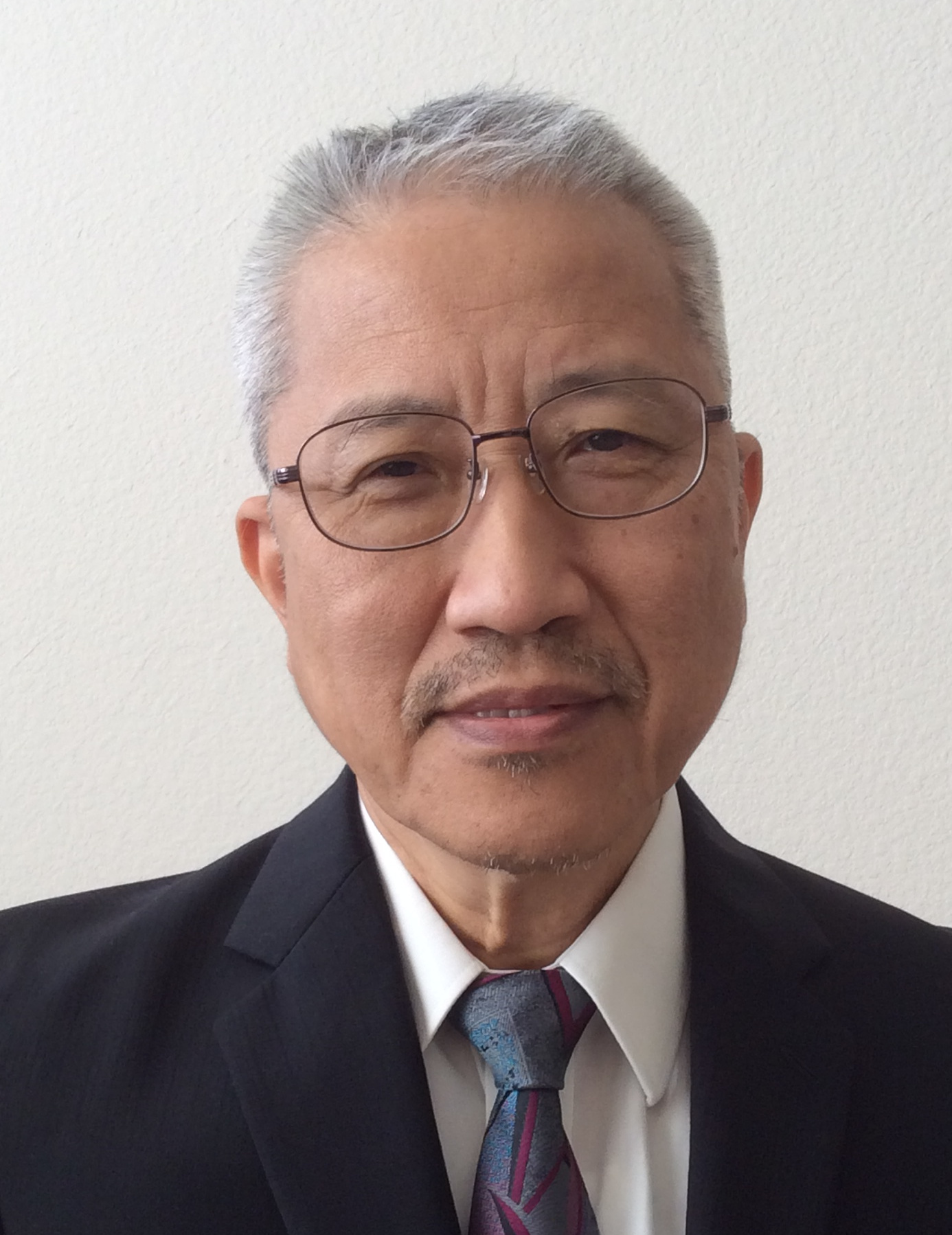
Professor H. Anthony CHAN, IEEE Fellow
Both BSc (Honors) in Artificial Intelligence and BSc (Honors) in Digital Entertainment Technology are in fast growth areas with many jobs and career options. Students will be equipped with fundamentals in computing and information science, and will learn AI or design from basic concepts, technologies, and applications in many fields. The expertise of our staff spans diverse and important areas including machine learning, deep learning, digital entertainment, multimedia, data science, design, Internet, communication network, standards, and ICT industry. Being active in research in these areas, our staff pay attention to ease of understanding and care for students in teaching.
Computing and information technologies are the enables to become a professional to innovate, create and design new and more useful products and services to improve daily life. New technologies in artificial intelligence, multimedia, virtual reality, and cloud have arisen, and newer technologies will continue to emerge. It is interesting to acquire and appreciate such new knowledge with opportunities to innovate as such a professional in demand globally.
I have enjoyed such an exciting career myself, having worked in both industry and academia overseas and having changed area of expertise multiple times as needs in industry changes. I intend to nurture students with understanding of the industry and with capability to take up new challenges to contribute to the society professionally and ethically.
My motto: I do not possess anything; all I have is only borrowed from God so that I may serve others.

The program aims:

(a) In addition to the information technology skills, our students also receive professional design training through our Department of Design. In their final year projects, they will receive timely support on creative and innovative aspects from the Department of Design, which can widen our students in both theoretical and practical horizons. These concrete training and experience pave way and let them effectively apply what they have learnt in their workplace.
(b) The newly equipped motion-capture studio provides a genuine simulation and resourceful environment to students when they are conducting their laboratories and workshops, especially useful for their completion of the final year projects. Not only do our students learn the use of motion capture applications in games and animations, they can widely apply them in their professions afterwards.
(c) Our programme includes General Education for students having a holistic development, and also cultivating their appreciation of different approaches to knowledge as well as different issues and challenges in life. It helps demonstrate broad perceptual and conceptual horizons and knowledge of life and a global perspective.

Upon successful completion of the Program, students should be able to:

The combination of Information Technologies and Artificial Intelligence with design talents opens up diverse career paths:

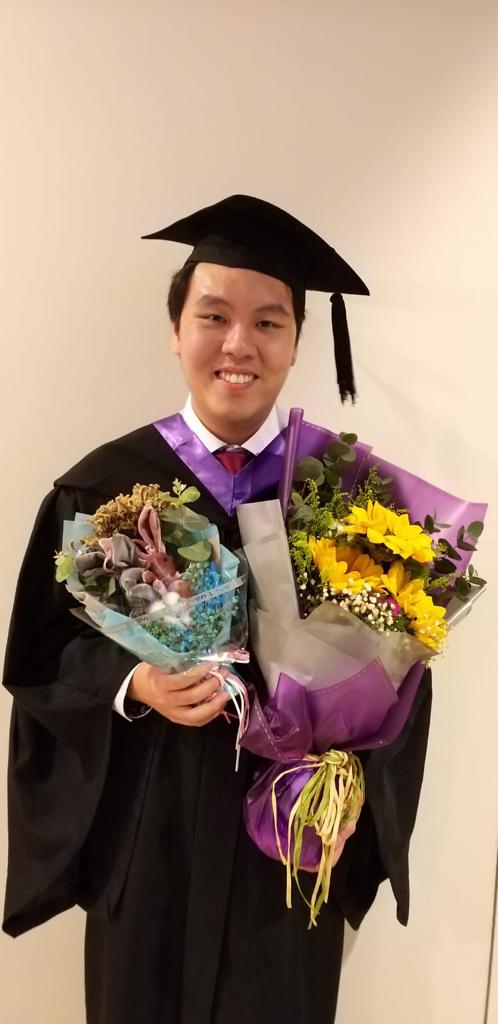
Mr Cheng King Sun Marco, Web Programmer, UDomain
"What impressed me most in this four year of Higher Diploma and Bachelor's Degree studies is our teachers. They were not only concerned about my academic performance, but also cared about my future. Teachers shared their knowledge on latest industry development and always stressed the importance of lifelong learning. After all, we need to keep the finger on the pulse if we work in the Information and Technology industry.
I want to express my gratitude to the School for arranging internship opportunities, which greatly prepared me for my future job. In their free time, teachers even accompanied us to job interview and helped us improve our weaknesses. I must say I would not have got my current job without their support!"

Admission for the BSc(Hons)AI and BSc(Hons)DET in the School of Computing and Information Sciences (CIS), Saint Francis University, Hong Kong(SFU), is open to all internatinal students. With the high demand for admission placements, qualified international students are given special considerations and equal opportunities.
Generally, the applicant should have successfully completed high school education in a 12-grade school system (also known as secondary school or upper/senior secondary school in some countries). It will include basic STEM courses and sufficient preparation in English proficiency to enable study in this degree program with lectures taught in English. Performance based on school transcript will be evaluated individually.
Applicant should meet (1) the English proficiency requirement and (2) the minimum requirement in any of the following examination:
| Examination | Minimum Requirements | |
|---|---|---|
| 1 | Joint Entrance Examination (JEE) | Second Tier grade |
| 2 | General Certificate of Education (GCE) Advanced Level (AL) | Grade E or Above in 3 A-level subjects |
| 3 | GCE Advanced Level (AL) plus General Certificate of Education (GCE) Ordinary Level (O/L) |
Grade E or Above in 2 A-level subjects plus five (5) passes in GCE-OL/GCSE/IGCSE |
| 4 | Scholastic Aptitude Test (SAT) Plus High School Transcript | (a) A combined score of 1,650 (2400-point scale), OR (b) 1,190 (new 1600-point scale) in SAT Reasoning Test Plus High School Transcripts |
| 5 | ACT plus High School Transcript | A composite of 22 in ACT, plus Higher School Transcript |
| 6 | International Baccalaureate Diploma (IBD) | International Baccalaureate Diploma OR equivalent |

International applicants should meet the minimum requirements in any of the following national Examinations:
| Examination | Minimum Requirements | |
|---|---|---|
| 1 | General Certificate of Education (GCE) Advanced Level (AL) or GCE AS-level English Language | Grade E |
| 2 | General Certificate of Education (GCE) (O/L) /GCSE/ IGCSE English Language | Grade C |
| 3 | English Language Test in Joint Entrance Examination (JEE) | A score of 100 (out of 150) |
| 4 | International English Language Test System (IELTS) | An overall score of 5.5 |
| 5 | Test of English as a Foreign Language (TOEFL) | A score of 79 in TOEFL internet-based test Or 213 in computer-based test or 550 in paper-based test. |
| 6 | Scholastic Aptitude Test (SAT) | Level 8 in SAT Reasoning Test Essay or Have obtained an equivalent qualification. |
| 7 | International Baccalaureate (IB) English Language | Level 4 |

Applicants holding the following qualifications can obtain credit transfer from most Year 1 / Year 2 courses in recognition of their prior learning experience through the granting of advanced standing upon admission, and may typically start their studies at Year 3 of the BScDET Programme:

Applicants holding the following qualifications can obtain credit transfer from some Year 1 / Year 2 courses in recognition of their prior experience through the granting of advanced standing upon admission, and may typically start their studies at Year 2 of the BScDET Programme:

Applying to SFU to study AI or DET is an easy process. We promptly respond to all applications within the shortest possible time
Applications can be submitted online via the Institute/College Online Application System, please refer to:Online Application System.
Shortlisted applicants will be invited to attend an admission interview. Please upload the following documents to the Institute/College Online Application System Online Application System, while submitting the online application:

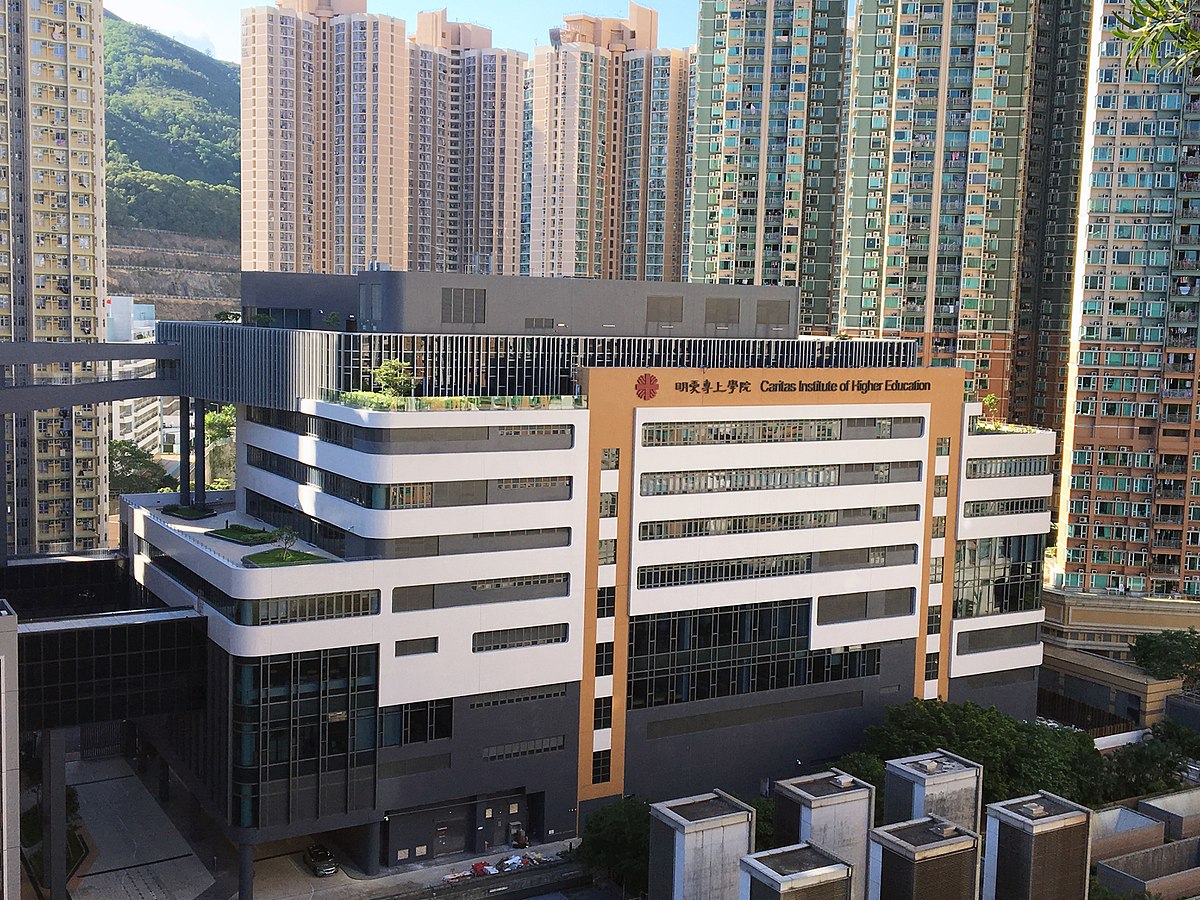
The annual non-local student tuition fee for the 2020-21 intake of the 4-year BScDET (or BScAI) programme is HK$96,310. (Exchange rate: HK$7.78 = US$1)
The international students scholarship is currently available in BScDET and BScAI programme.

The processing of your Hong Kong student visa is currently carried out by Saint Francis University (SFU), upon submission of the required documents to the Registry.
Once your tuition/fees are paid and your registration is completed, Registry will request from you, the relevant documents for student visa processing
Any change to the current arrangement will be communicated to the prospective students
For details of the application process of Student Visa/Entry Permit, please visit the Hong Kong Immigration Department website Student Visa

You may book your one-way or return ticket directly with any airline transiting your country and Hong Kong. You can also book through travel Agents such as TRIP.COM
Please study the Covid-19 guidelines provided by the Department of Health, specifically, visit this link: Inbound Travel before the travel.

It is required that you obtain your Hong Kong ID within the first 3-4 weeks of your arrival in Hong Kong. Note that without the Hong Kong ID, securing accommodation, opening of Bank Account, accessing medical facilities, etc, may be difficult
You can book for your ID immediately you arrive your quarantine hotel. To do so, simply following the steps below:
Your landing page will be Appointment booking for Hong Kong Smart Identity Card
Click "Online appontment booking for Hong Kong identity card application and form filling" Online Appointment booking for Identity Card Application
Select: “Make Appointment” and fill in your details accordingly. It is advisable that you make a note of your appointment date and time and report about 30 minutes before the scheduled time.
Usually your international passport and proof of address. For proof of address, you can use the address of your quarantine hotel during online booking.

Limited spaces are available for international students at the hostels under Caritas.
Getting a suitable accommodation can be challenging sometimes, however, using online housing advertisement Agents can lessen your burden
The following links can help in your search for accommodation. They can also be installed on your mobile devices as Apps:
While you intensify your search for accommodation during your quarantine period, you may need to stay in hotel/guest house for few days after completing your quarantine. This arrangement will allow you the opportunity to make the best choice of accommodation
These hotels/guest houses are usually cheaper than the quarantine designated hotels (about HK$200/day or more), especially if you book through agents such as Trip.com, Agoda, and others not isted here
NOTE: In some instances, you may have to make online payment for hotel/guest house, while others will allow you pay at the reception desk. For your permanent accommodation, do not pay for any accommodation you have not sighted or sign a lease agreement for.

You can open and operate bank account in Hong Kong with almost no initial deposit provided you present the required documents.
Basically, most Hong Kong Banks; Bank of China Hong Kong, HSBC, Hang Seng Bank, etc; will request the following documents for account opening:
Once your bank account is setup, you can request the banks to set up e-banking services and ATM card for future use.


Go through the link to select your preferred vaccine, vaccination venue, including date and time
Complete the online booking using your Hong Kong ID. You might need to set a reminder for date and time of vaccination. Note that booking for COVID-19 test also applies

REMINDER to always contact your level advisers when in doubt.

Office Telephone: (852) 3702 4211
WhatsApp: (852) 5269 3846
Email: cis-info@sfu.edu.hk
WeChat ID: wxid_ohv675ayadso52
Office Telephone: (852) 3702 4388
Email: pao@sfu.edu.hk
2 Chui Ling Lane, Tseung Kwan O, N.T. (Exit B, Tiu Keng Leng MTR Station)

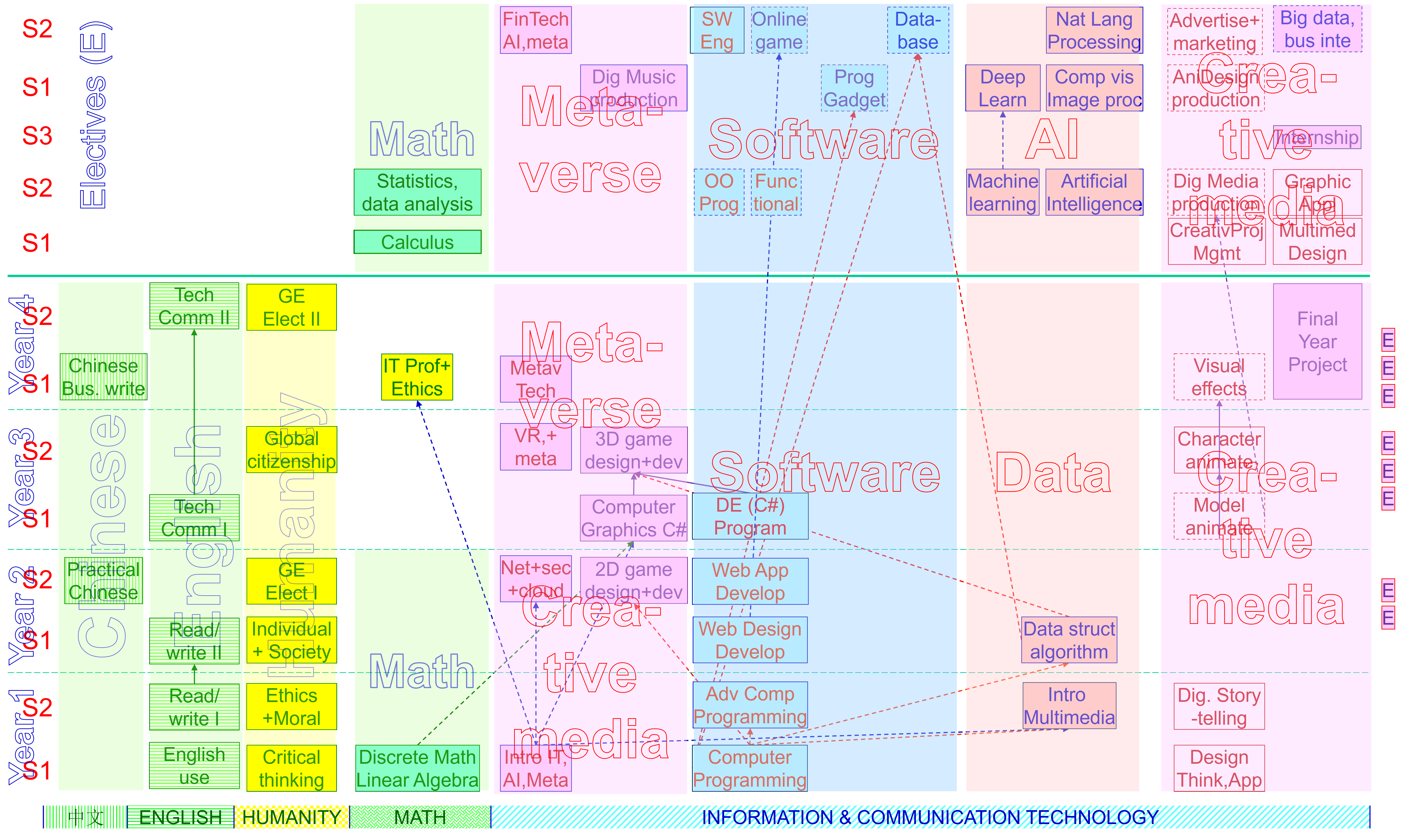

Students will be presented with many opportunities to explore the wide range of specialization within the digital fields, such as:
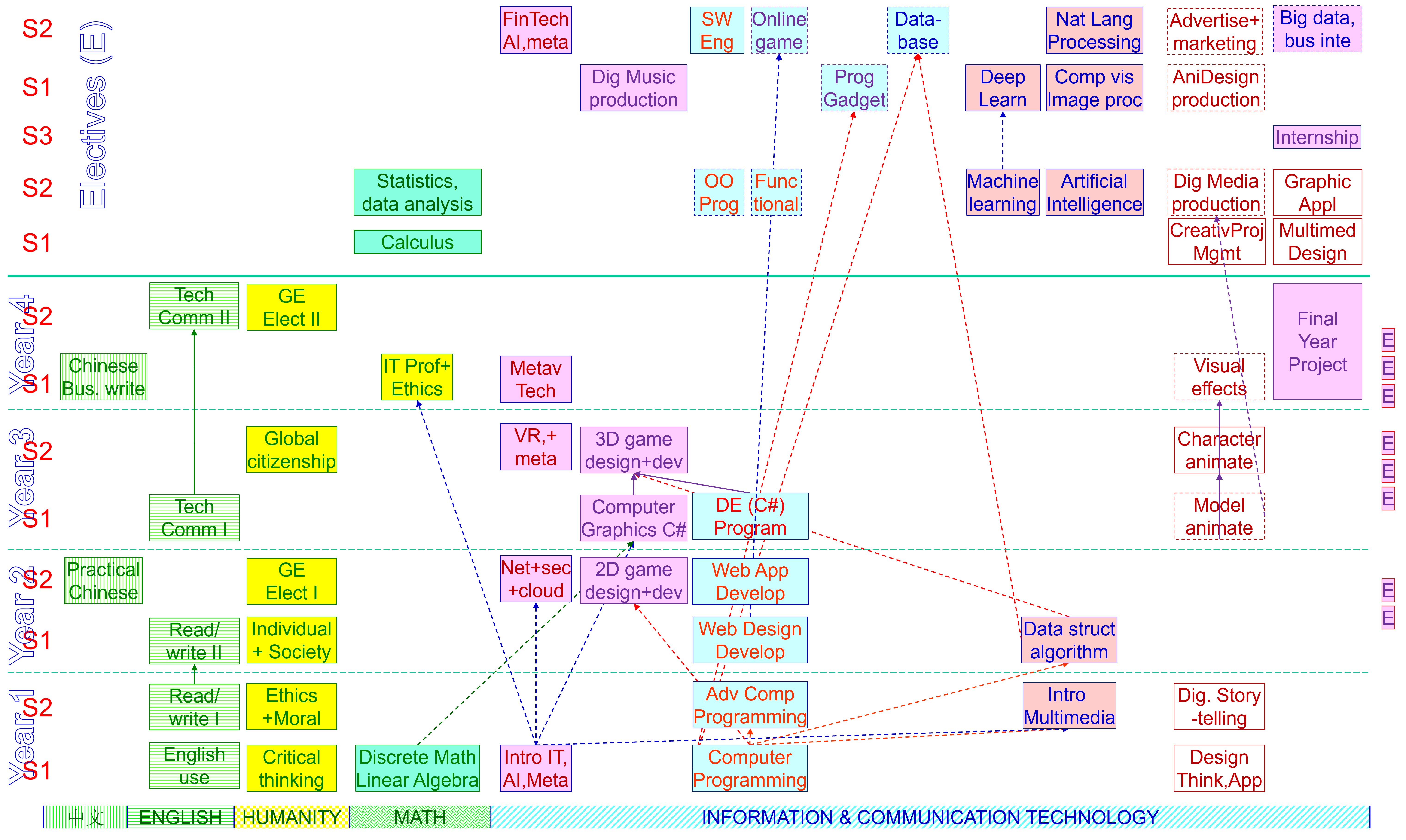

Students are highly encouraged to take the Internship course to gain industry experiences.
Industry parters are offering Internship to our students and are also hiring from our graduates.
Partial list of our industry partners are:



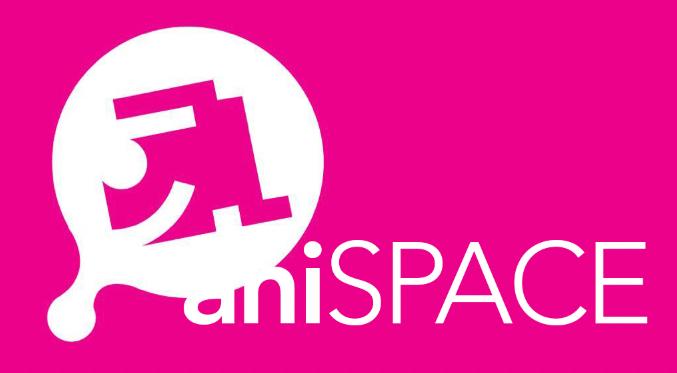
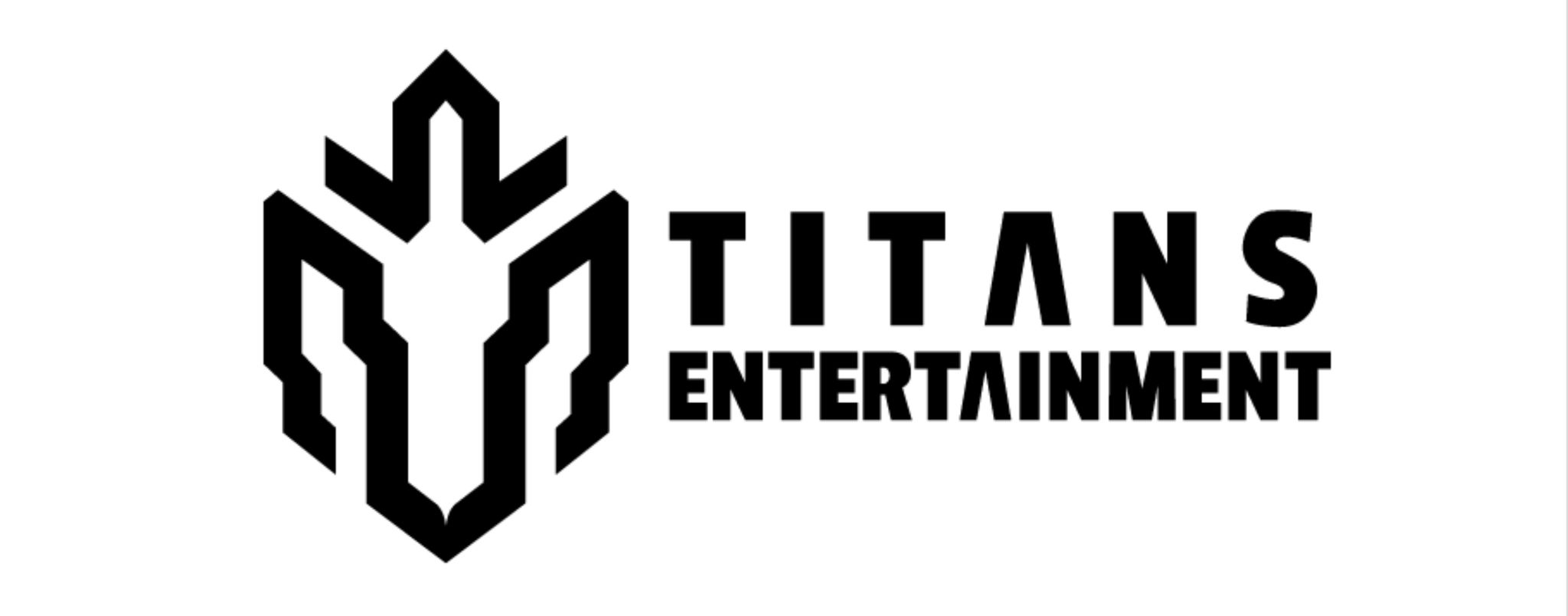
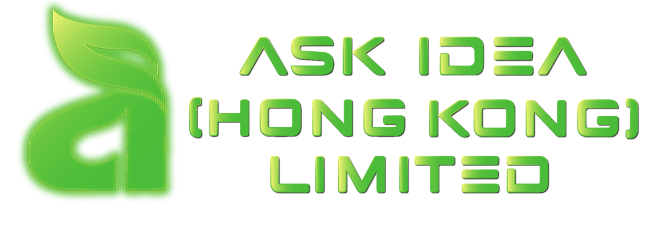
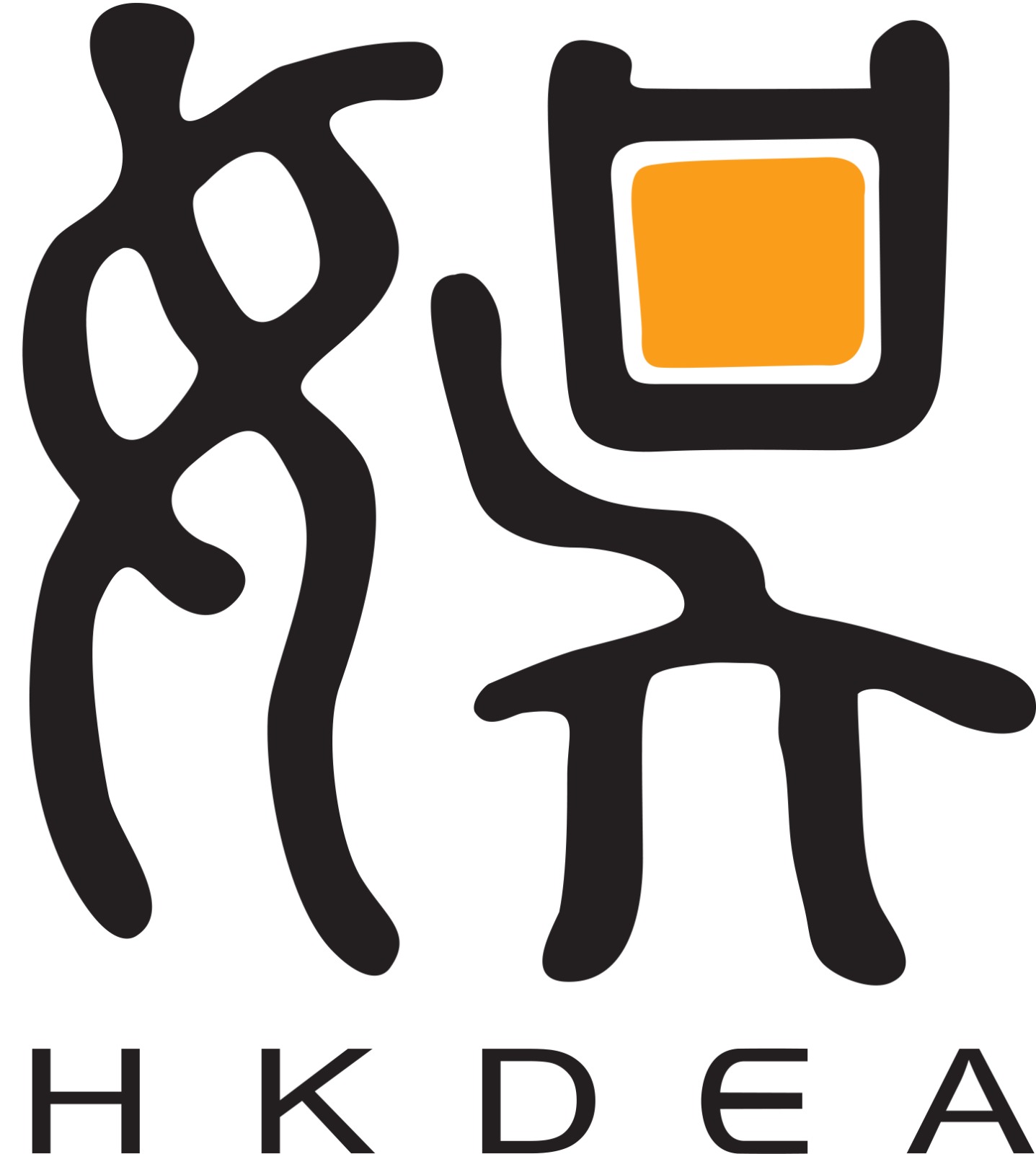



Since 2015, School of CIS has been offering the BSc (Hon.) in Digital Entertainment, a four-year full-time degree programme. Starting from the 2018-19 academic year, our students in BScDE Programme (JUPAS Course Code: JSSA02) have been granted the Study Subsidy Scheme for Designated Professions/Sections (SSSDP), which is an indicator to guarantee the quality of our programme deliverables as well as the academic level of our in-take students.
From time to time, CIS keeps reviewing the curriculum to keep abreast of the ever-changing market and until recently, we have updated the programme name to Bachelor of Science (Hons) in Digital Entertainment Technology so as to reflect the widely application of technology in the programme.
Over the years, our graduates have been equipped with in-depth and up-to-date knowledge in computer science, with emphasis on multimedia technology as well as creative design skills.

What is the job prospect of BScDET students? Which industry can I work in?
Programming Artist, Programmer, Software/Web/App/Game Designer/Developer, Data Analyst
If I do not meet the basic admission requirements, will I still be able to study this bachelor degree programme?
Students meeting HDAI-ICT admission requirements could study HDAI-ICT programmes which bridges smoothly to BScDET programme at Year-3 entry when they graduate from the HDAI-ICT.
Do I have a higher chance of admission in the BScDET programme if I have studied ICT? Does ICT have a higher weighting than other electives e.g. Economy?
In the selection process, the applicant's scores in two elective subjects will be considered as additional scores. Although prior study in ICT may help, other factors such as interview, motivation and interests of the applicant are also considered.
Would some subjects of the BScDET be exempted if I have studied some related subjects in Diploma Yi Jin or IVE?
We can only exempt subjects that have QF level 4 or 5.
I have already complete HD/AD, BSc or BA, can I apply for BScDET?
One who has already complete HD/AD in related area (Computer science, IT, etc.) may apply for Year 3 entry. If the HD/AD is not in related area, one may apply for Year 2 entry.
When can the BScDET students use Advanced equipments and softwares e.g. Motion Capture System and 3D Priniting?
Students could take related elective courses from Year 3.
Does the school provide any supports for the BScDET students if they have the opportunity to join the Hong Kong or international competitions?
Our institute has budget to support students' competitions.
Do BScDET students have internship opputurnities in technological or digital companies?
Yes, we encourage students to intern at Year 3 summer. Our school also has connections with various IT and digital entertainment companies, and will recommend students to intern at these companies.
What are the qualifications of the academic staff of the BScDET programme?
The teaching faculty is composed of both local and international experts in AI, ICT, and 5G, including some staff with rich industry experience and Fellows of IEEE
